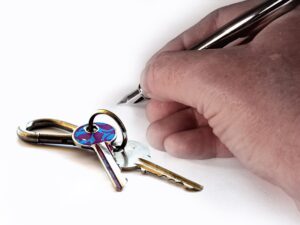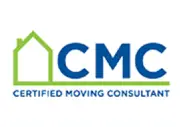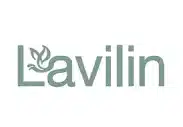Now that you have decided on moving to New Jersey, let’s consider what you can expect from the process of buying your first home. This is a chaotic time with proposals and counter-proposals flying around. But if you are ready for the hassle, you can go through this process more or less safely and securely. Here is the main progression you can expect:
1. Find a home
Before hiring movers and packers NJ, you must first find a home. Make sure to take advantage of all the available options to search for houses on the market. Including the help of a real estate agent, and searching for ads on the Internet. Also, travel around the neighborhoods that interest you in the search for signs for sale. Also put some feelers there with your friends, family and business contacts.

You never know where a good recommendation or home guide can come from
If you seriously want to buy a house, do not enter the open house without an agent. You can see how this may not work in your interest if you begin to communicate with the seller’s agent before contacting your own. If you have a limited budget, look for homes whose potential has not yet been realized. Even if you cannot afford to replace the disgusting wallpaper in the bathroom, it may be worth spending some time there in exchange for access to a home that you can afford. If the house meets your needs in terms of big things that are difficult to change, such as location and size, do not allow details to distract you. The most important thing when buying your first home is to choose the right neighborhood.
2. Consider your financing options and secure financing when buying your first home
Those who buy first housing have a wide range of options to help them get into the house. Both those are available to any buyer, including mortgage loans from the Federal Housing Administration (FHA), and mortgages specifically designed for first-buyers. Many programs for home buyers for the first time offer minimum down payments from 3% to 5%. And some do not require a down payment. When buying your first home you should, in particular: Use the HUD resource list. FHA and its loan program is part of the HUD. Do not bind loyalty to your current financial institution when seeking prior approval or looking for a mortgage. Take a look, even if you are eligible for only one type of loan. Tariffs can be unexpectedly different, as well as interest rates on mortgage loans. Which, of course, have a significant impact on the total price you pay for your home. Some authorities also recommend having a backup lender. Eligibility for a loan does not guarantee that your loan will ultimately be financed. Changes in the guidelines for underwriting, changes in the analysis of the risks of lenders and investor markets may happen. There may be cases when clients sign credit and conditional documents. And then, 24-48 hours before closing, they receive a notification that the lender has frozen financing under his credit program. Having a second lender who has already qualified you for a mortgage gives you an alternative way to save the process, or get close to the schedule.
3. Make an offer
Your real estate agent will help you decide how much money you want to offer for your home, along with any conditions you want to ask for. Your agent will then submit the offer to the seller’s agent. The seller will then accept your offer or issue a counteroffer.

Then you can take it or keep going back and forth until you reach a deal or decide to cancel it
Before sending your proposal, look at your budget again. This time take into account the estimated costs of closing, the cost of travel and any immediate repairs and mandatory devices that you may need before you can proceed. Be careful: it is easy to be ambushed due to higher or unexpected utility costs in your new big house. You can request electricity bills for the past 12 months to get an idea of the average monthly cost. If you reach an agreement, you will make a bona fide deposit, and the process will go to escrow. An escrow is a short period of time (often around 30 days) when the seller removes the house from the market with a contractual expectation that you buy the house. Provided that you do not find any serious problems with it when you inspect it.
4. Get a home inspection before buying your first home
Do it even if the house you are planning to purchase seems flawless. Nothing replaces a qualified specialist who will inspect the property for quality, safety and the general condition of your potential new home. You do not want to lose your money or have a headache from performing a lot of unexpected repairs. When inspecting the house revealed serious shortcomings that the seller does not disclose, as a rule, you will be able to cancel your offer and return your deposit. Negotiations for the seller to repair or depreciate the sale price are other options.
5. Close or move on
If you can negotiate with the seller or, even better, if the check did not reveal any significant problems, you should be ready to close. Closing basically means signing a ton of documents in a very short period of time. And praying for nothing to fail at the last minute. After you do all of that, buying your first home is finished. And now you can plan the layout of your new home and start enjoying it.

Don’t forget to read the contract carefully before buying your first home
We hope that these tips for buying your first home will be of use to you to handle this task as successful as possible and that soon you will move in your new home with a smile on your face.


























